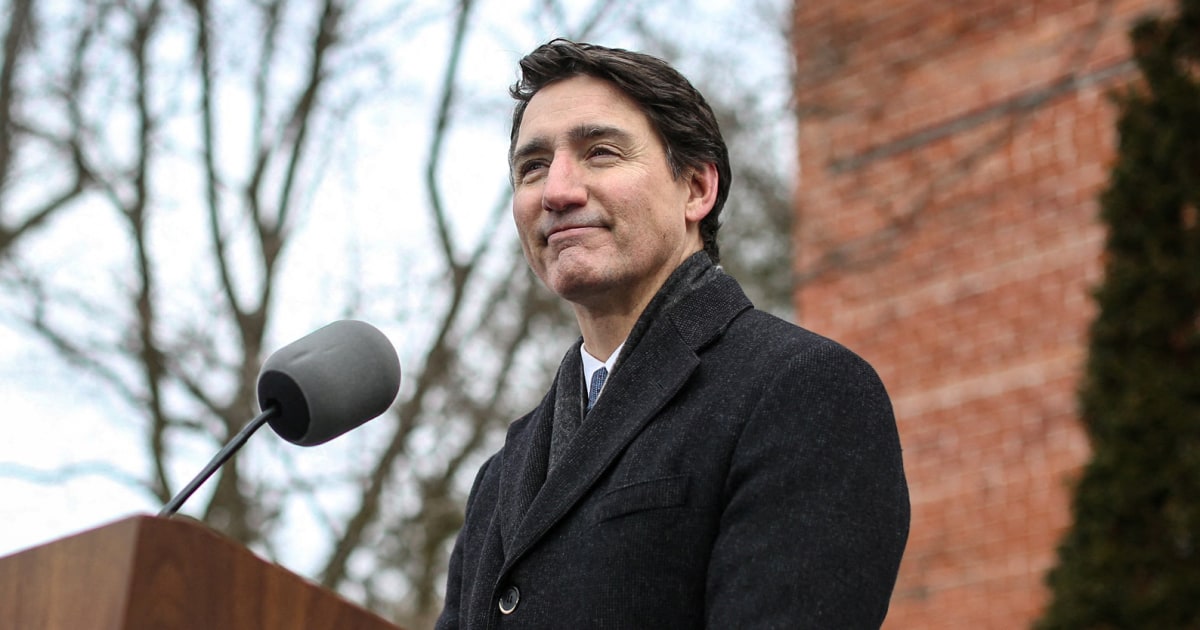
“For the past number of weeks, you and I have found ourselves at odds about the best path forward for Canada,” Freeland said in her resignation letter, adding that the country can “ill afford” Trump’s tariff threats.
The longterm Trudeau ally added that leaving the Cabinet was the only “honest and viable path.”
During his remarks Monday, Trudeau called Freeland “an incredible political partner” and said he had hoped she would stay on as deputy prime minister, “but she chose otherwise.”
“In regards to what actually happened, I am not someone who’s in the habit of sharing private conversations,” Trudeau said about Freeland’s resignation.
After Trudeau’s announcement, Freeland took to X to thank the prime minister for his years of service.
“I wish him and his family the very best,” Freeland wrote.
Trudeau, who swept to power in late 2015 and has governed for nine years, was once the most popular leader in the Group of Seven, the world’s most advanced liberal economies.
But the party’s popularity has declined rapidly against the opposition over the past year. The latest survey released Friday by the Canadian research firm Angus Reid found that voter support for the Liberals had sunk to an all-time low of 16%.
What was already a difficult year for Trudeau got even harder when Trump said after being re-elected in November that he would sign an executive order imposing tariffs on all products coming to the United States from Mexico and Canada.
“On January 20th, as one of my many first Executive Orders, I will sign all necessary documents to charge Mexico and Canada a 25% Tariff on ALL products coming into the United States, and its ridiculous Open Borders,” he said in a post on Truth Social.
Days later, Trudeau visited the president-elect at his Mar-a-Lago estate in Florida, later writing in a post on X: “Thanks for dinner last night, President Trump. I look forward to the work we can do together, again.”
Trump has since taken jabs at Trudeau and Canada, suggesting making the country America’s 51st state and referring to the prime minister as the “governor” of the “Great State of Canada.”
Anticipation about Trudeau’s resignation increased after a report Monday from Canada’s Globe and Mail, which said he would resign in advance of a key national caucus meeting due to take place Wednesday because he had come to the conclusion that he no longer had sufficient political support.
Trudeau’s popularity was waning before his recent handling of the prospect of fresh American tariffs. Many working-class and young Canadians blame him for the country’s high rate of inflation and long-running political chaos.
Last August, a tense exchange between Trudeau and a disgruntled steel worker in northern Ontario went viral after the worker refused to shake the prime minister’s hand, saying he was struggling to make ends meet despite having a steady job.
“I think you are only here for another year,” the worker said in a clip that went viral on social media.
Trudeau also said that he feels it is time for a government reset in the country, as Parliament “has been entirely seized by obstruction and filibustering and a total lack of productivity over the past few months.” He said he hopes that the end of the parliamentary session and him leaving office will ease political polarization.
“It’s time for the temperature to come down, for the people to have a fresh start in Parliament, to be able to navigate through these complex times, both domestically and internationally,” he said.
Leader of the Conservative Party Pierre Poilievre released a video following Trudeau’s announcement enumerating what he said were the failings of the Liberal-controlled government.
“Every Liberal MP in power today and every potential Liberal leadership fighting for the top job helped Justin Trudeau break the country over the past nine years,” Poilievre said.
The Liberals hold 153 out of 338 seats in the House of Commons, meaning they form a precarious minority government. New elections will be held by late October.

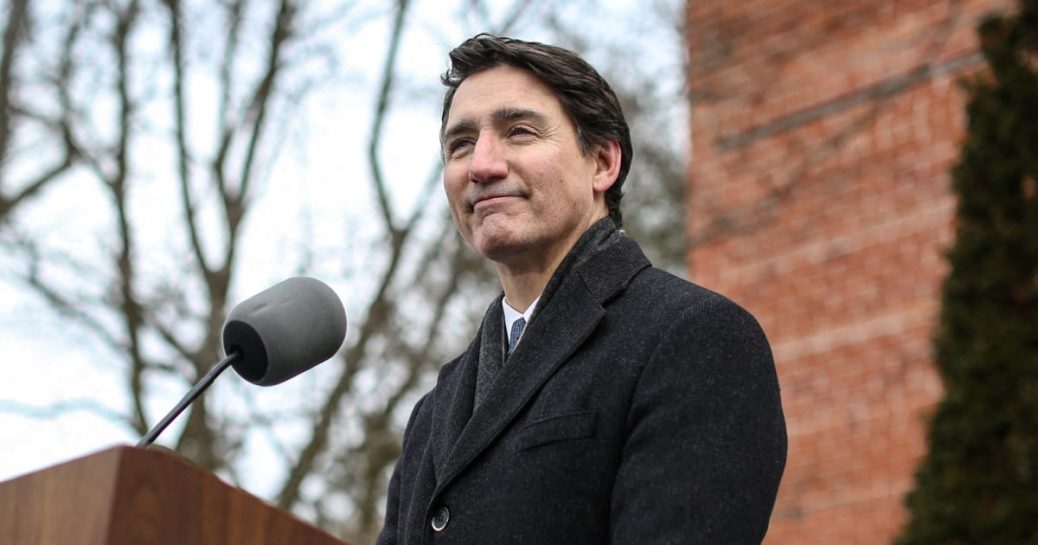

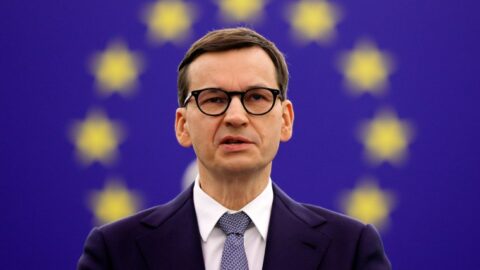

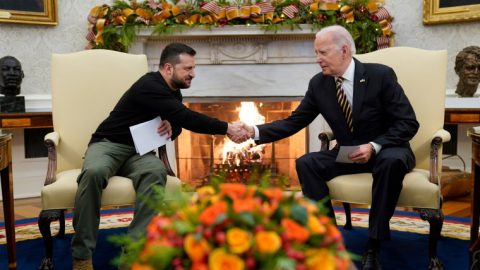
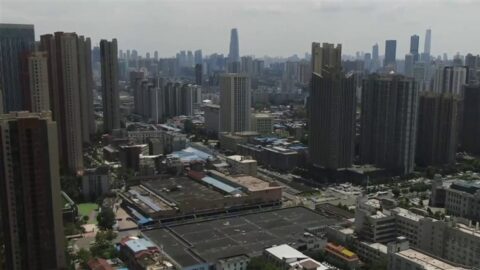
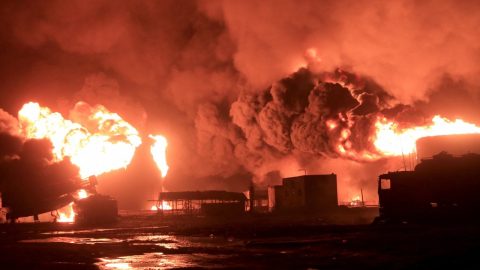
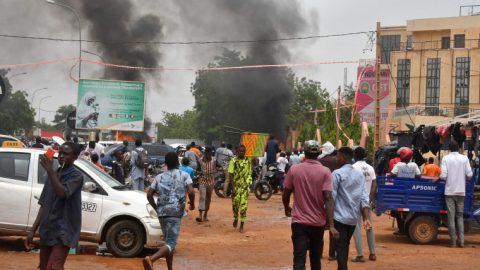

Recent Comments